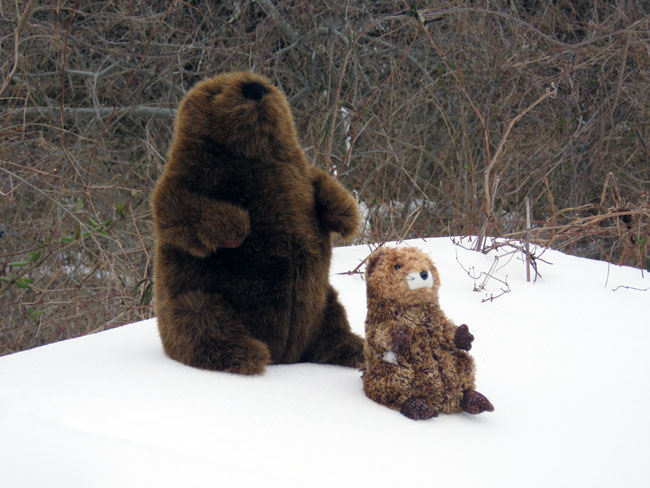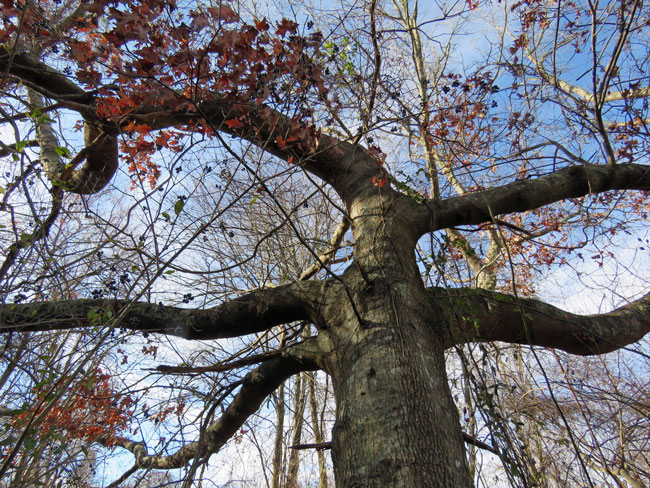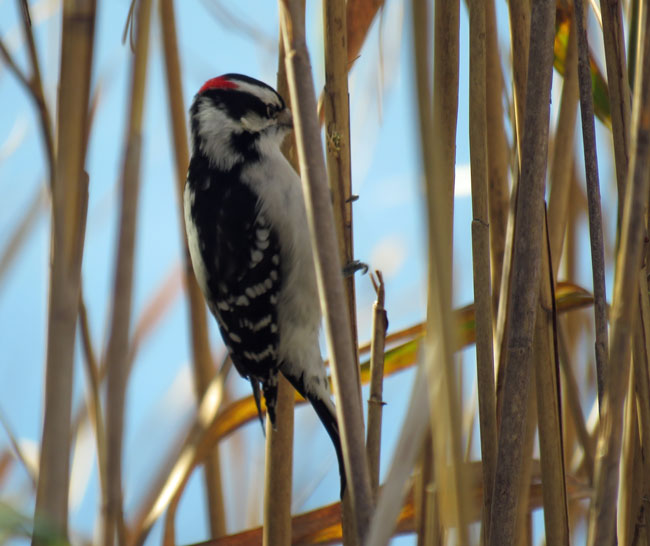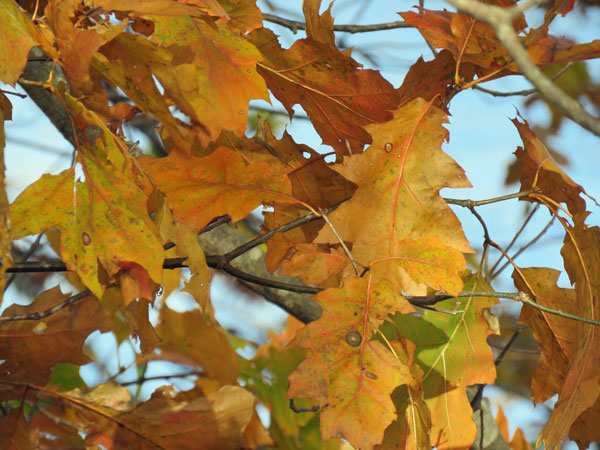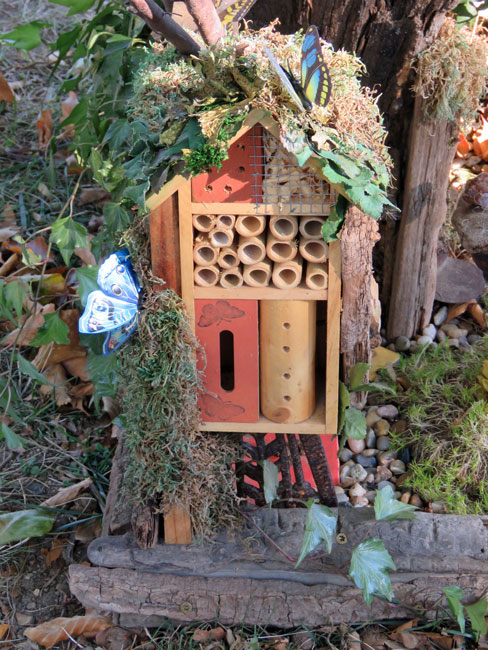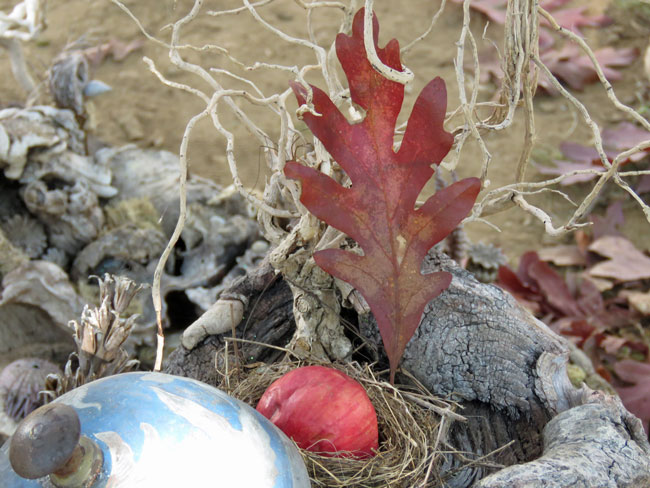
Ocean Beach, New London, Connecticut
When we arrived at Ocean Beach and started walking down the boardwalk to get to the Alewife Cove Nature Walk we heard a couple of starlings singing the loveliest songs and couldn’t believe our ears. (Back at home I was surprised to learn that “they have impressive vocal abilities and a gift for mimicry.”) I’ve only heard them making unpleasant noises until this day.

As we went along I spotted a cat spying on us. He must have been enjoying the spring-like weather.

The last time I was at this place was in April of 2012, almost ten years ago, with Janet and Nancy. It’s changed a lot due to the many storms forever reshaping the coastal landscape. Here is what I posted back then: walking is discovery. When Tim & I walked at Waterford Beach Park back in October we could see this nature area across the cove and so I made a mental note to revisit it soon. See: sunlight by the sea.






On the walk ten years ago I discovered a praying mantis egg case like the one above. On this walk we saw dozens of them! This must be a favored habitat for them because I’ve never noticed these anywhere else on our wanderings. Apparently the nymphs, up to 300 of them, will emerge as soon as temperatures warm in spring.


Whatever the environment from which it springs, local knowledge matters, because enchanted living begins with local living: genuinely understanding, and so living in harmony with the landscape you occupy.
~ Sharon Blackie
(The Enchanted Life, Unlocking the Magic of the Everyday)




It was a great day for a walk. It’s a good thing we left when we did, though, because the Ocean Beach parking lot, which was empty when we arrived, was suddenly full of activity and people placing traffic cones everywhere to make space for lines of cars. They were setting up for free covid testing. We had to to exit out of an entrance to finally find our way out of the maze! A reminder that the pandemic is still with us. Our positivity rate is currently 5%. Seems to be going down slowly…

